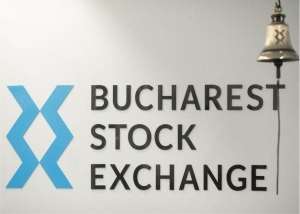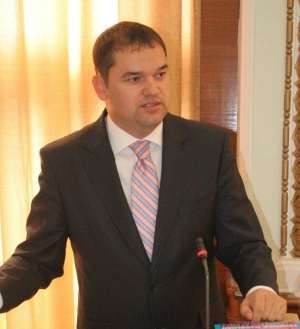
Romania will soon be part of Russia, posted on the internet Aleksandr Dugin, the well-known Russian ideologue with fascist overtones, close to Vladimir Putin, probably thinking that he was helping his friend, Călin Georgescu, to become president of Romania (after the Romanian diplomatic reaction, the post was deleted and its authenticity became a subject of controversy).
But it is enough that the attribution of this message is plausible.
Because Dugin, in addition to being a geopolitician, philosopher and sociologist, is also the president of the Eurasian Party, a movement that advocates the construction of a Eurasian superstate capable of opposing American hegemony.
So his supranational concerns somewhat match the calculations he makes about Moldova and Romania: "And if, by God's will, this patriotic candidate, Călin Georgescu, wins, Moldova will have nowhere to go. If they head for Romania, they will get closer to a bloc allied with us."
Călin Georgescu's statements of admiration for "Russian wisdom" (he couldn't find other words) and for Putin, whom he considers a true leader and a patriot who loves his people, are notorious.
The matter is quite complicated, because the definition of patriotism that Georgescu implicitly uses opens a list of true leaders and patriots that begins with Hitler.
Admittedly, he didn't say that and he might not realize that's what he means.
The admiration is mutual: "Călin Georgescu is a remarkable politician," said Dughin.
This clashes with Georgescu's vocabulary, in which politicians are lepers; Georgescu claims that he is not a politician, but something (we do not know whether human or divine drain) at the intersection of a relatively metaphysical popular "calling" with a divine intention that expresses itself messianically through his mouth.
Dugin seems more at ease, he says of Georgescu that "it is much easier to deal with such a politician than with someone else, for Russia".
But the relations between Dugin and Georgescu are not indirect.
They know each other personally.
The press reported that, in June 2014, Călin Georgescu organized the arrival of Alexandr Dugin to Bucharest, where the Russian had meetings with a small circle of those around the Eurasia Movement in Romania.
We deduce from this that Georgescu is part of this small circle that advocates the construction of a Eurasian superstate.
The fact seems interesting in itself, but its significance is broader and somewhat more earth-shattering, if we put it in connection with the redefinition of Russian citizenship, which Vladimir Putin recently carried out.
Putin's decree of August 19, 2024 on granting the right to reside in Russia to foreign citizens who oppose Western ideologies reflects an expansion of the concept of "Russian" beyond strictly ethnic or national criteria, including people who align themselves with the political and ideological values promoted by Russia.
Russia is no longer the name of a country, but of an ideology.
The definition of the notion of "Russian" is no longer just ethnic or national, but is political in nature.
Russian, meaning anti-globalist.
Leaving aside Călin Georgescu's admiration for Russian wisdom and Putin's patriotism, his political program "Food-Water-Energy" is decidedly anti-globalist.
That is more or less enough to meet the criteria for Russian citizenship in Putin's decree.
And the fact that millions of Romanian citizens vote for Călin Georgescu can be interpreted as agreeing with his political views.
According to Putin's definition, these millions become Russian citizens, with the right to reside in Russia.
This is a problem, because these millions of Russian citizens reside in Romania.
Aaaa!, but this is solved like in Donbas: Romania becomes part of Russia.
That is, as the controversial message of Alexdandr Dughin prophesies.
Well, shouldn't the millions of Russian citizens in Romania who voted for Călin Georgescu also be protected through a "special operation"?!



























































